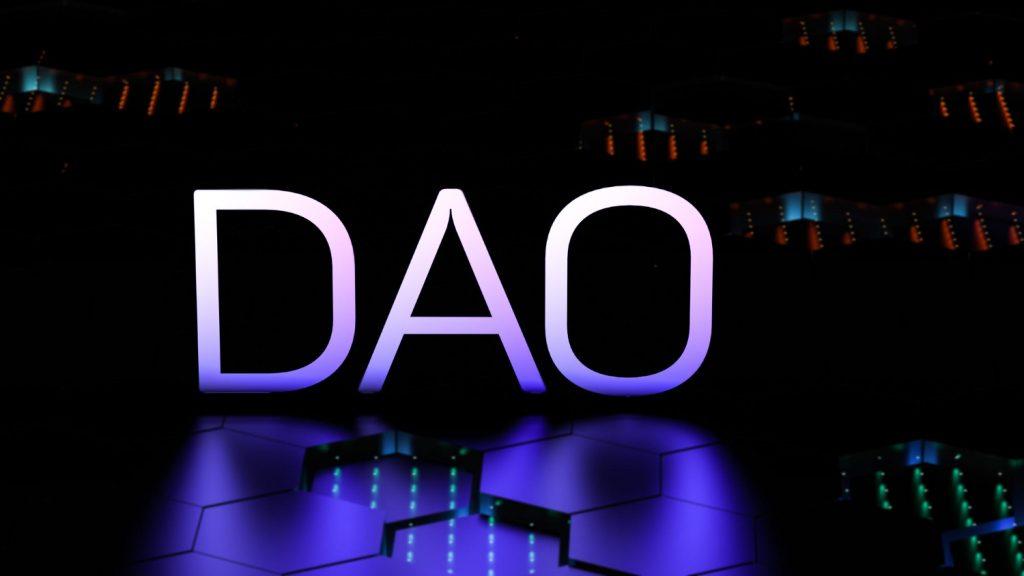DAO Governance Experiments Mirror Real-World Politics with Emerging ‘Crypto Parties’
DAO Governance Experiments Mirror Real-World Politics with Emerging ‘Crypto Parties’
By
David Goldfarb
Last updated:
September 23, 2025
First Published:
December 2, 2025

Photo: Crypto Legacy
Decentralized Autonomous Organizations, or DAOs, are redefining how decisions are made in blockchain communities. Unlike traditional companies or governments, DAOs operate on smart contracts that automatically enforce rules and decisions. Recently, governance experiments within these organizations have begun to resemble real-world politics, with participants forming factions or “crypto parties” to influence outcomes.
Understanding DAO Governance
DAO governance relies on token-based voting, where stakeholders can propose changes, vote on initiatives, and implement decisions without centralized authority. This structure encourages community participation, transparency, and accountability. As the ecosystem grows, governance mechanisms are evolving, introducing strategic alliances and organized voting blocs similar to political parties.
Emergence of Crypto Parties
In several large DAOs, stakeholders with shared priorities are banding together into informal groups or crypto parties. These parties coordinate proposals, rally votes, and negotiate with other groups to achieve specific objectives. This trend mirrors the dynamics of conventional politics, highlighting how human behavior and strategic alliances persist even in decentralized systems.
Enhancing Decision-Making Processes
The formation of crypto parties can improve decision-making efficiency. Coordinated voting allows for more structured debate and consensus-building. Proposals that reflect collective priorities are more likely to pass, reducing the risk of fragmented or contradictory outcomes. This evolution strengthens DAO governance while maintaining its decentralized essence.
Risks of Factionalism
While parties can enhance coordination, they also introduce risks. Factionalism may lead to polarization, power consolidation, or vote manipulation. Smaller stakeholders may feel excluded from decision-making, potentially undermining the democratic ideals that DAOs strive to uphold. Balancing collaboration and inclusivity is a central challenge for these communities.
Technological Tools for Governance
Smart contracts and on-chain voting platforms facilitate the functioning of crypto parties. Governance dashboards, delegation mechanisms, and analytics tools enable participants to track proposals, monitor voting trends, and make informed decisions. These technological innovations are critical for managing complex decision-making processes in decentralized systems.
Influencing Real-World Policy Experiments
Some DAOs are experimenting with governance models that could inform real-world policy. By simulating elections, coalition-building, and legislative negotiations on a blockchain, researchers gain insights into political dynamics and collective decision-making. This intersection of blockchain and political science may shape future governance frameworks both on and off-chain.
Attracting Institutional Interest
Institutional investors and blockchain projects are increasingly observing DAO governance experiments. Understanding how stakeholders organize and make decisions provides insights into network security, protocol upgrades, and community engagement. These lessons are valuable for projects seeking sustainable and scalable governance models.
Expanding Beyond Cryptocurrency
DAO governance and crypto parties are not limited to financial projects. Communities focused on art, social impact, and technology are adopting similar structures to manage funding, resource allocation, and project development. This expansion demonstrates the versatility of decentralized governance across diverse sectors.
The Future of Decentralized Politics
As DAOs continue to grow, the interplay between crypto parties and governance is likely to become more sophisticated. Decentralized decision-making may evolve into hybrid systems that blend algorithmic rules with human negotiation. The ongoing experimentation provides a glimpse into a future where politics, economics, and technology converge on blockchain platforms.
Popular articles
Subscribe to unlock premium content
Disney’s Timeless Magic and How the Entertainment Giant Continues to Shape Culture and Innovation

Imran Khan’s Economic Missteps Amid Political Chaos in Pakistan

The Philippines’ Digital Shift How Remittances and BPO Are Fueling Growth

Disney’s Timeless Magic and How the Entertainment Giant Continues to Shape Culture and Innovation

Imran Khan’s Economic Missteps Amid Political Chaos in Pakistan

Disney’s Timeless Magic and How the Entertainment Giant Continues to Shape Culture and Innovation









